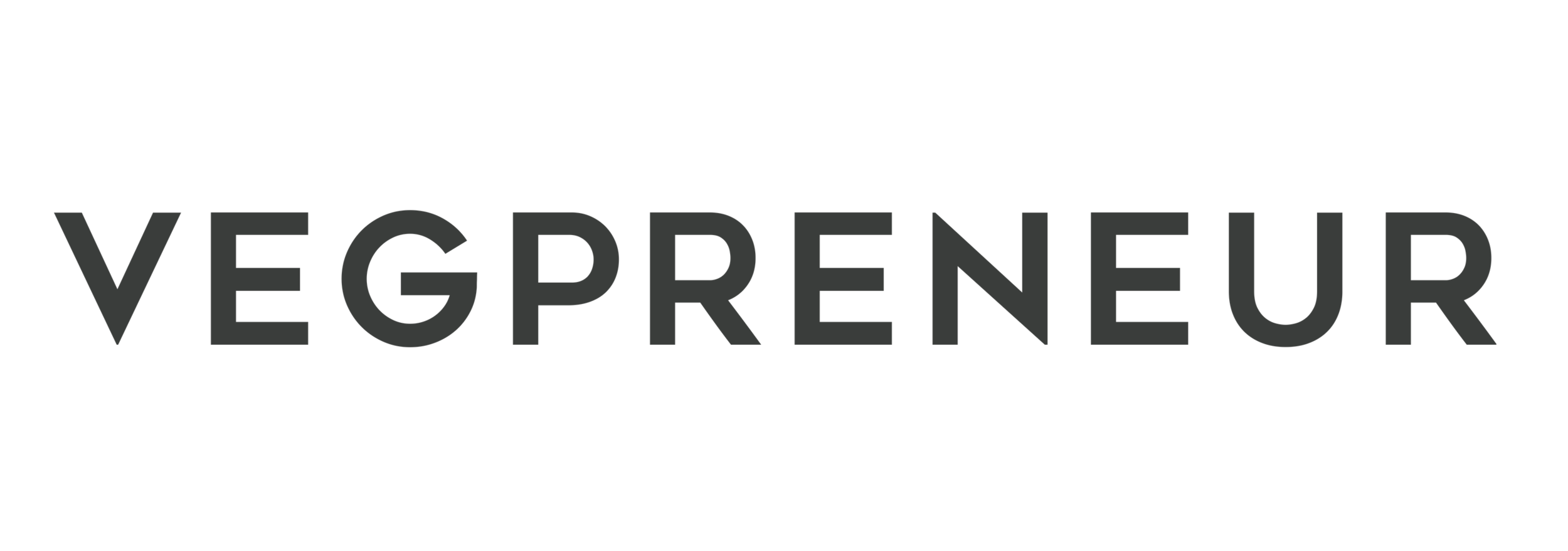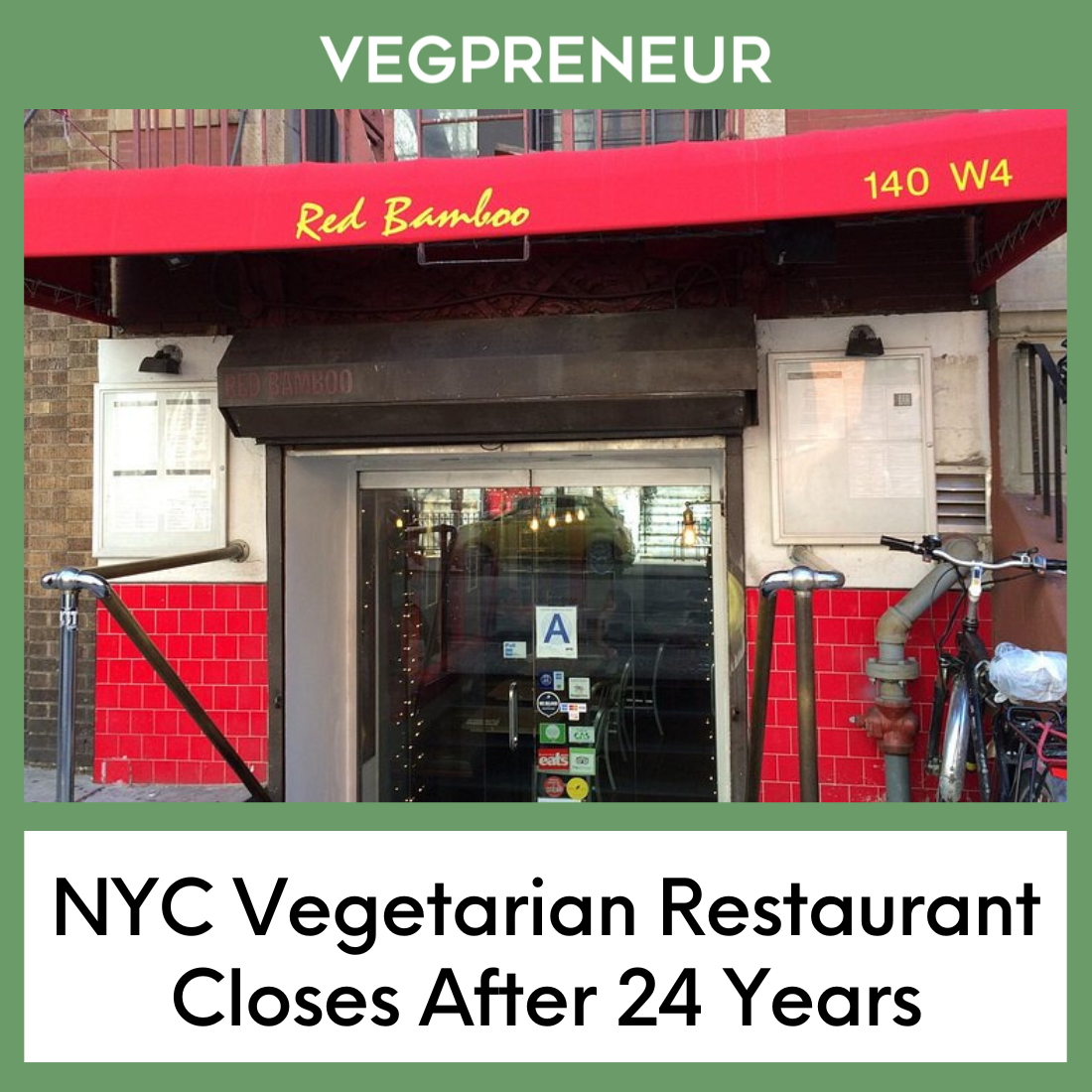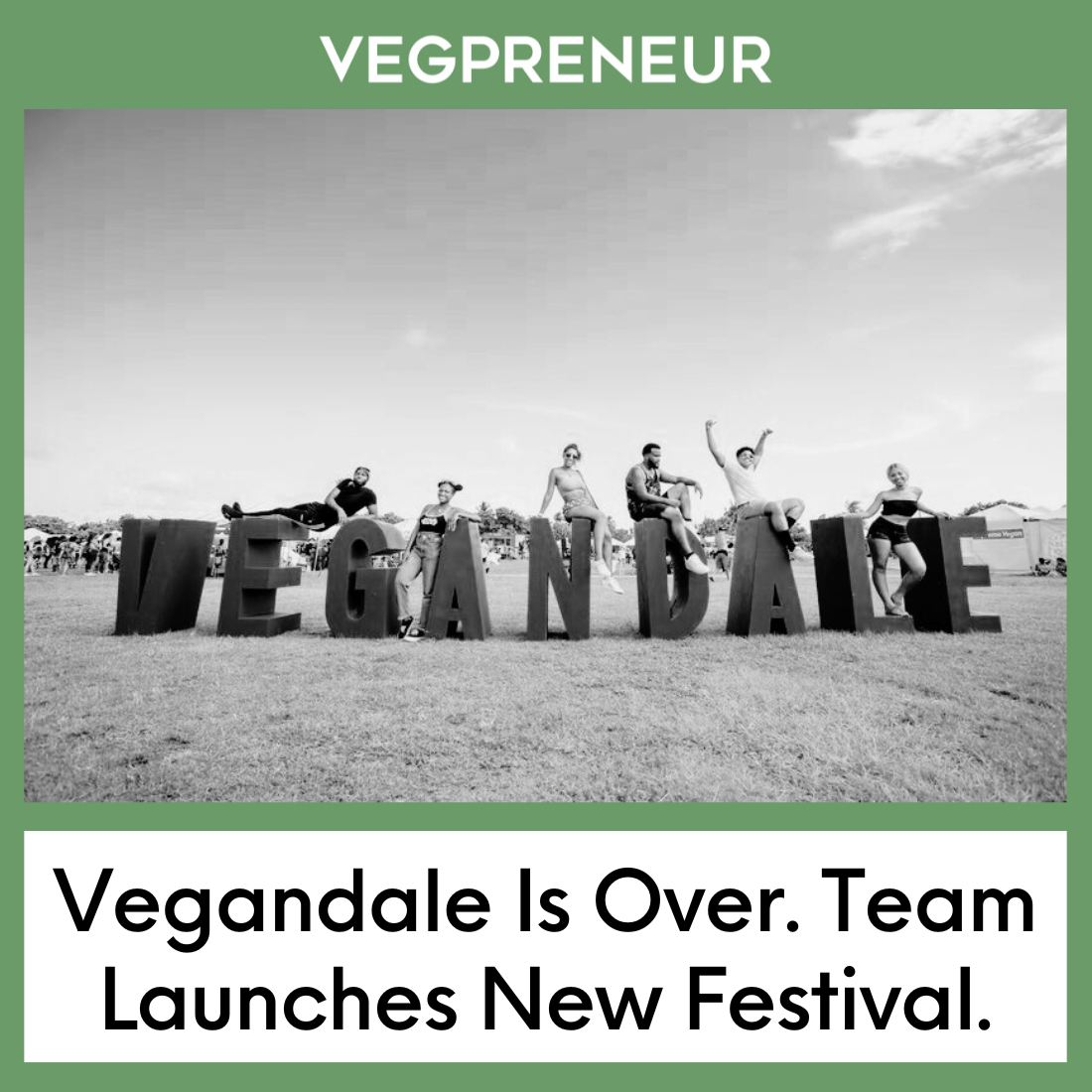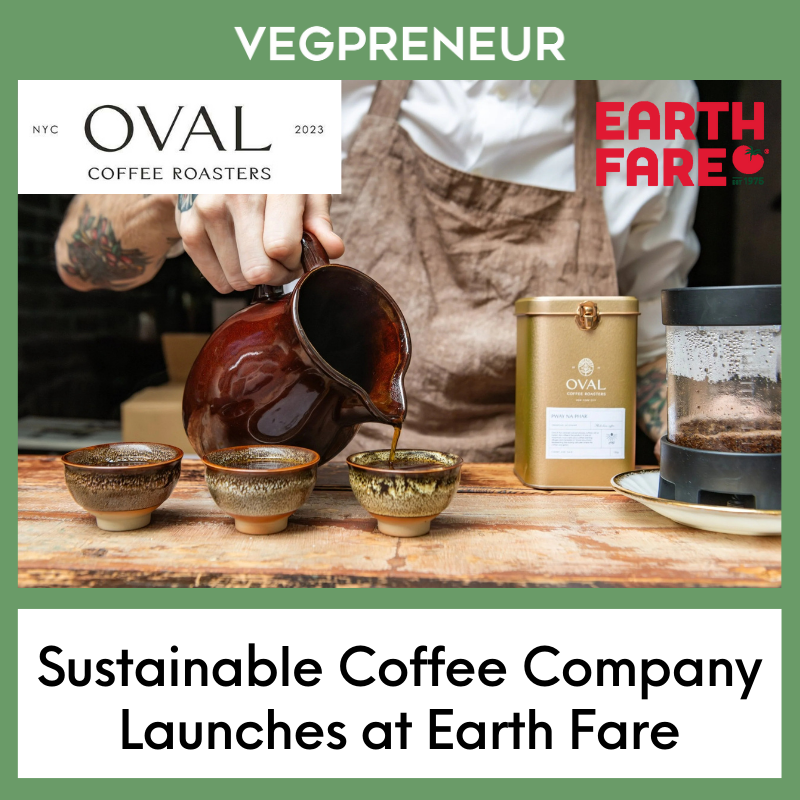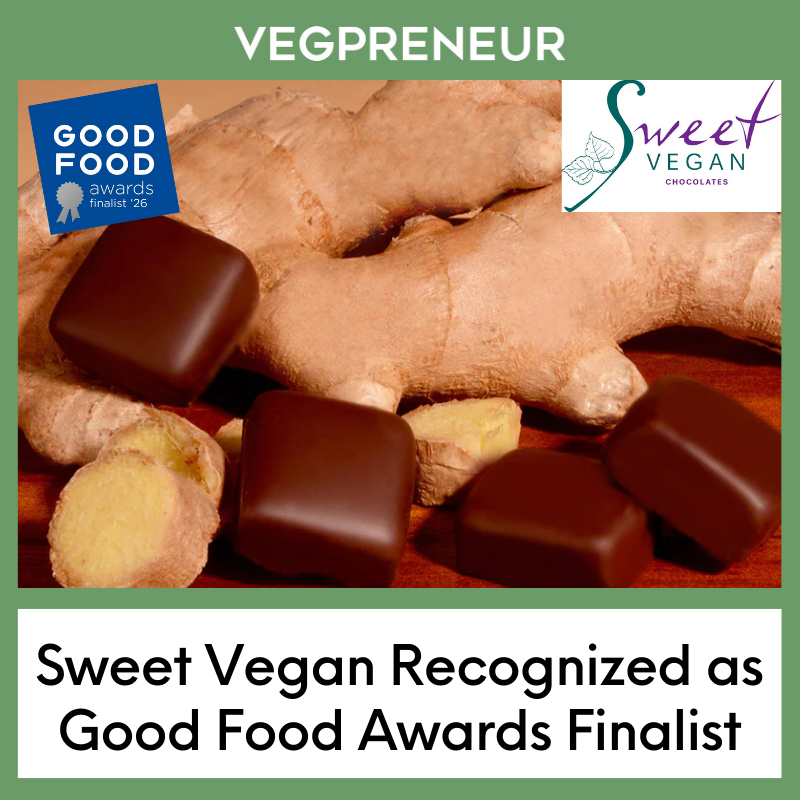Canada Welcomes the New McVeggie Burger
Edited by The VEGPRENEUR Team
McDonald’s Canada is adding a new option to its national menu: the McVeggie™ sandwich. As of September 16, 2025, participating McDonald’s locations across the country will start offering the McVeggie nationwide.
This follows a successful test run earlier in 2025 in British Columbia, Ontario, and New Brunswick, where customer response was “tremendously positive.”
What’s in the McVeggie
The McVeggie features:
A breaded vegetable patty made from a blend of carrots, green beans, zucchini, peas, soybeans, broccoli, and corn.
Served on a toasted sesame seed bun, topped with shredded lettuce and a mayo-style sauce.
There’s also a Spicy Habanero McVeggie version, with a creamy habanero sauce.
Can You Order It as a Vegan Meal?
The standard McVeggie is not fully vegan because the sauces (both the mayo-style and habanero) contain eggs.
However, it can be made vegan with modifications:
Ask for the sandwich without the mayo-style or habanero sauce. Instead, substitute something like ketchup or mustard.
Check whether the bun and other components are free from dairy or egg (beyond the sauce). The patty itself is plant-based (vegetables + plant proteins) but cross-contact in cooking areas might still be an issue.
Canadians Want More Plant-Forward Choices
There are a few reasons McDonald’s is introducing this sandwich, and why demand is growing:
Consumer Demand Is Shifting
Many Canadians are reducing their consumption of meat. Surveys show a growing willingness among people to “flex” their diets — eat less meat, incorporate more plant-based foods.Health, Environment, Ethics
Motivations include health concerns, environmental awareness (climate change, sustainability), and animal welfare. These are increasingly shaping food choices.Younger Generations Lead the Way
Younger Canadians (Millennials, Gen Z) are more likely to identify as vegetarian or vegan, or to try plant-based meat alternatives. They tend to drive trends in what food chains decide to offer.Retail & Market Signals
Sales of plant-based ready meals are growing rapidly; “meat alternatives” are more familiar and more regularly bought.
Challenges & Considerations
While the move is popular, there are a few caveats:
Even when modifications are made, cross-contamination may happen since kitchens are shared.
Some customers will want a “true vegan” option (bun, sauces, preparation all vegan), and might feel the modifications are unsatisfying.
Taste perception: many people say they’d try plant-based alternatives but aren’t convinced about taste or texture.
What It Means in the Bigger Picture
The McVeggie’s national launch signals that major fast-food chains are recognizing and acting on shifts in consumer preferences. It's part of a broader push towards offering more inclusive, flexible menus. For many people, reducing (not eliminating) meat is a realistic and desirable change.
If Canada continues on its current trend, items like the McVeggie may become standard rather than optional. For fast food, this could mean:
More plant-based and vegetarian/vegan options regularly on menu boards
Better clarity on what parts of dishes are vegan, vegetarian, etc.
Potentially more innovation in plant-based protein, sauce options, etc.
Looking to take your business to the next level?
Become a VEGPRENEUR member today to access industry-leading events, mentors, resources, and a global community of innovators!
